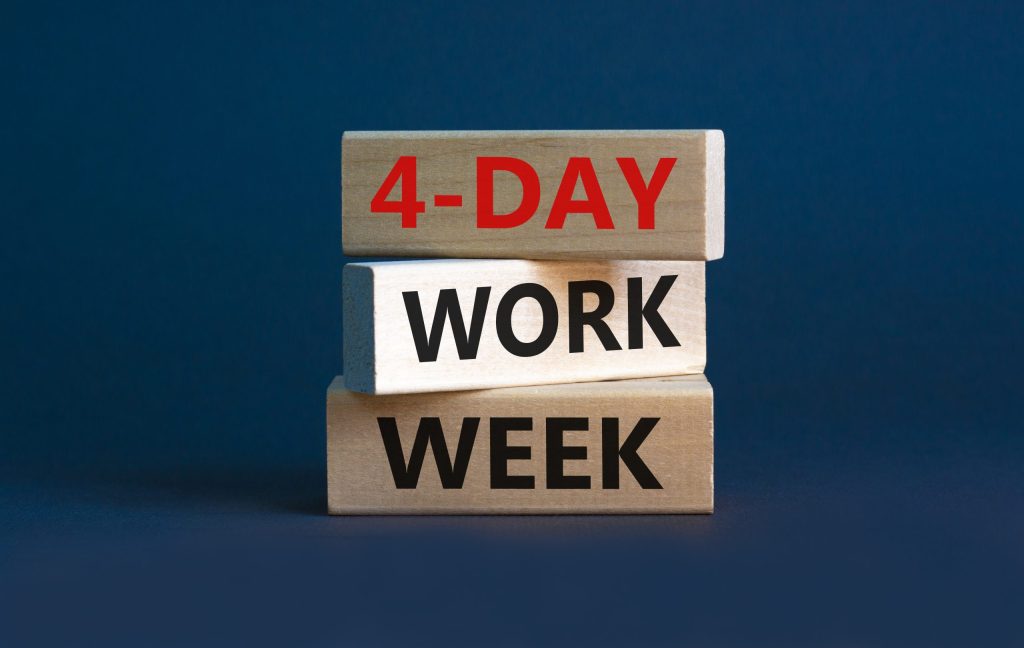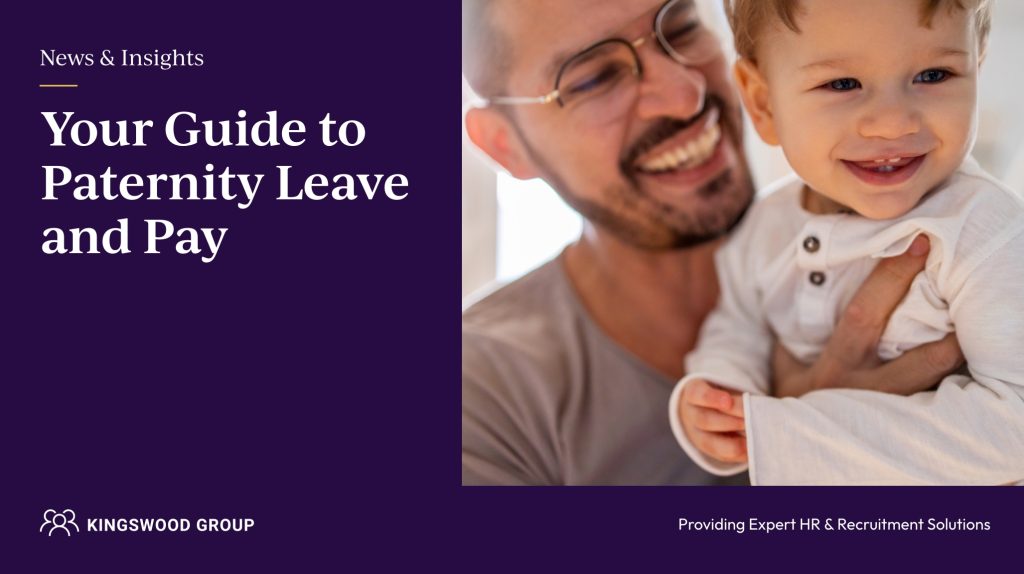What is a workplace investigation?
An employment investigation is a structured process used by employers to gather and review evidence when a serious concern is raised in the workplace.
Common reasons for investigations include:
- Allegations of employee misconduct (e.g. bullying, harassment, dishonesty)
- Formal grievances or complaints from team members
- Discrimination or victimisation claims
- Concerns raised via whistleblowing procedures
-
Breaches of company policies or procedures
It’s vital that all investigations are approached impartially, with proper planning and thorough documentation. Employers must also follow the Acas Code of Practice on Disciplinary and Grievance Procedures—failure to do so could increase a tribunal award by up to 25%.







